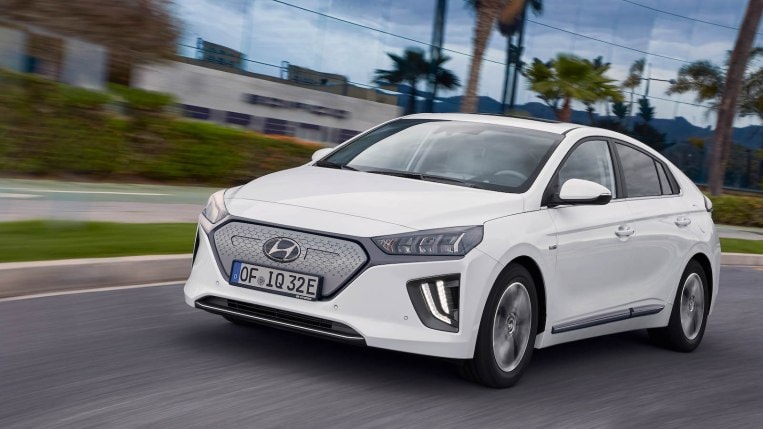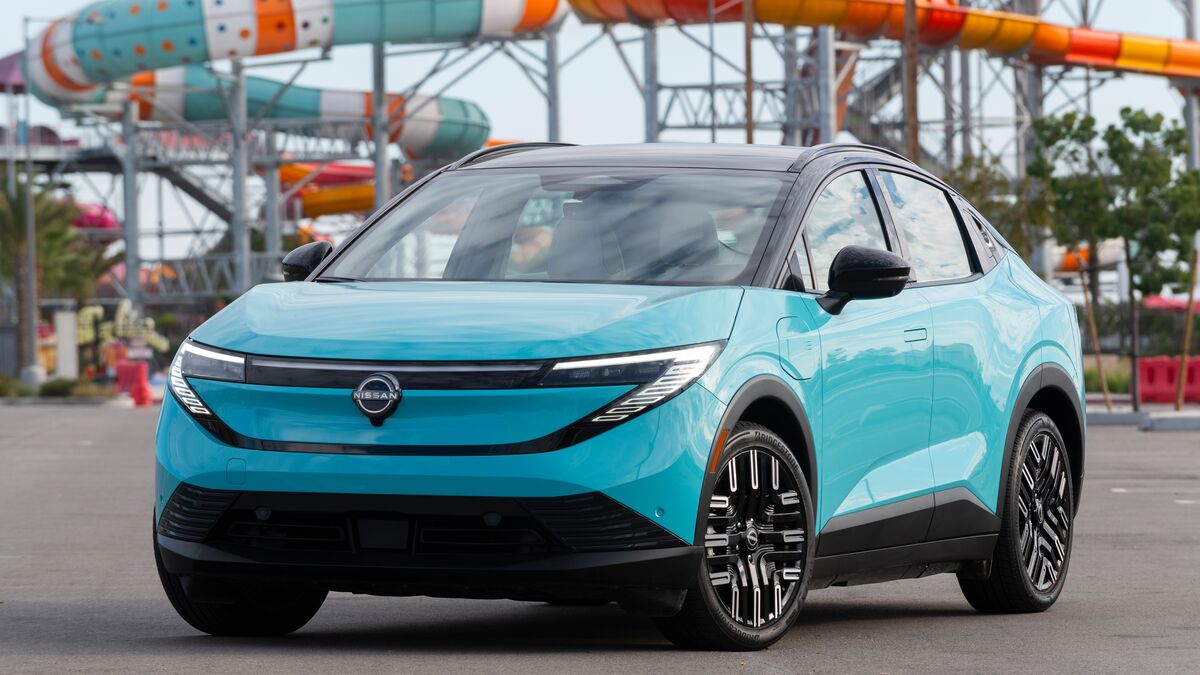
Name Confusion
First, let’s clear up some possible name confusion.
The Hyundai Ioniq is a compact hatchback that somewhat resembles the Toyota Prius. Hyundai sells the Ioniq as a hybrid, a plug-in hybrid, and a pure electric vehicle. The car has never been one of Hyundai’s bestsellers, and most Ioniq models on the road have one of the two hybrid drivetrains. Electric Ioniqs are only sold in 13 states. Hyundai canceled the electric version for 2022. It will continue to sell hybrid and plug-in hybrid models.
This recall applies only to the electric Ioniq.
Hyundai has recently reused the Ioniq name on a new car. The 2022 Hyundai Ioniq 5 is also an EV and just began reaching showrooms this month. This recall does not involve the Ioniq 5.
With that out of the way, the issue itself requires some explanation.
Not As Dangerous as It Sounds
Ioniq EVs are not suddenly accelerating out of their drivers’ control without warning.
Instead, Hyundai says, an “unstable electrical ground” can cause the cars to enter a fail-safe mode “designed to prevent impact during driving by restricting vehicle speed.” An EV Ready lamp on the driver’s instrument panel will flash to signal that the car is in fail-safe mode. Braking and steering work normally in this limp home mode, but the car will only drive very slowly. Drivers can safely pull over to the side of the road at that point.
However, if the driver taps on the accelerator pedal quickly, then releases it, then presses it hard for several seconds, then releases it again, “the vehicle may accelerate after the gas pedal is released.” The car is still in its limp home mode, so the unintended acceleration is very slow. The brakes are strong enough to overcome that acceleration, so drivers can stop the car by stepping on the brake pedal.
But it’s easy enough to imagine a frustrated driver stepping on the accelerator several times when their car suddenly enters a limp mode. In traffic, it could cause an accident.
In documents filed with the National Highway Traffic Safety Administration, Hyundai says it is aware of only one incident, which occurred in South Korea and did not cause an accident. But the company’s engineers were able to replicate it, so they’ve issued a worldwide recall.
Dealers will repair the ground wiring and update software to prevent the problem from developing.
Recall repairs are always free. Many cars are recalled, often more than once, during their lifespan. Automakers try to contact every owner but don’t always reach them all. Find out whether your car has any outstanding recalls with the easy VIN tool at our recall center.







